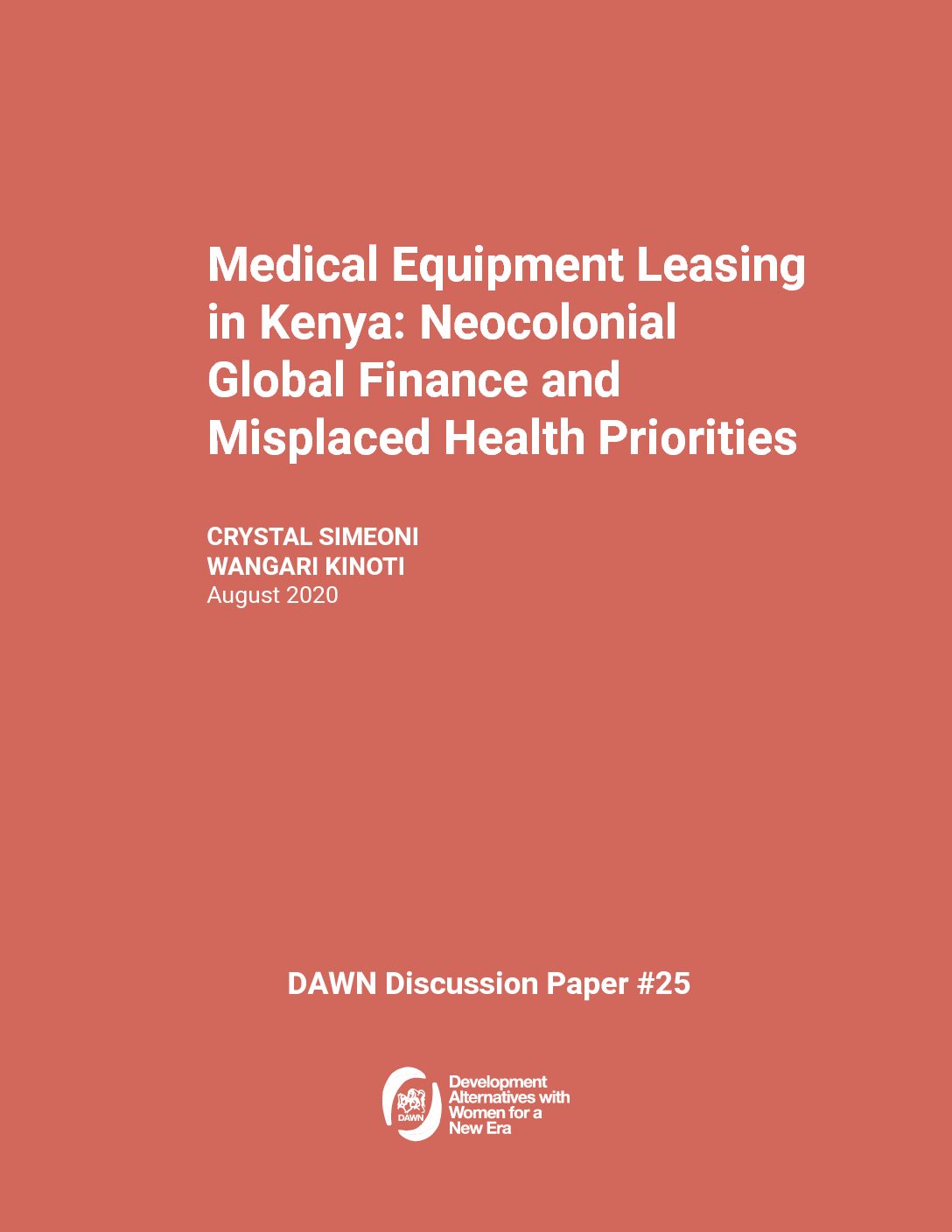Introduction
In writing this paper we are seeking to contribute to ongoing feminist analyses not only of public- private partnerships (PPPs), but of broader macroeconomic policy and how it impacts women and their communities. We are particularly committed to playing our part in interrogating and challenging the persistence of neoliberal policies imposed upon and embraced by African governments to the detriment of African people, while remaining cognizant of the skewed, ever evolving and complex nature of global finance and governance.
Access to quality, universal gender-responsive and affirming healthcare remains a fundamental challenge for Africa and its citizens. For women in particular, it is not only a question of our own health. Failing healthcare systems mean more hours caring for ill children and other family members, and less time available for other activities and pursuits, be they decent paid work, education, political participation or leisure. Women’s unpaid labour subsidises collapsed public health systems. Seventy per cent of the health and social care work force are women and one in five women are employed in the care sector. National and local healthcare delivery are therefore not only a matter of health outcomes – but of time poverty, paid and unpaid labour, livelihoods and the full body of human rights.
This paper is written in the midst of the COVID-19 pandemic and never has the intersecting nature of multiple crises and inequalities been clearer. Now is the time to dismantle the failed global systems that fuel them and replace them with co-created systems that are sustainable, equitable and just.

